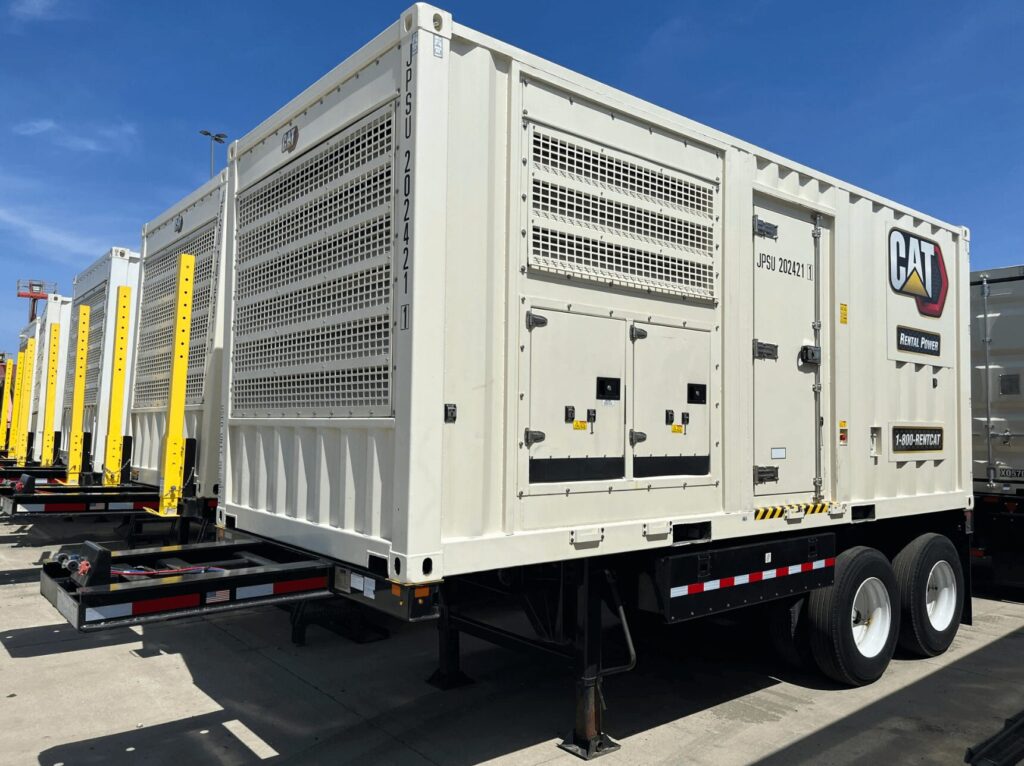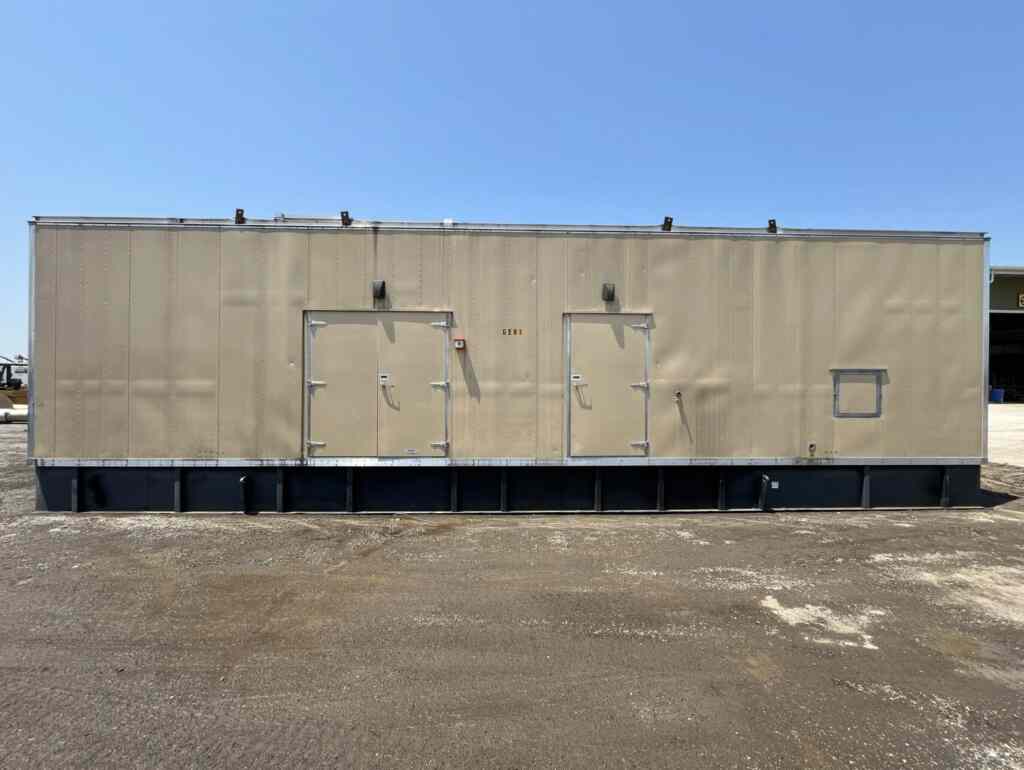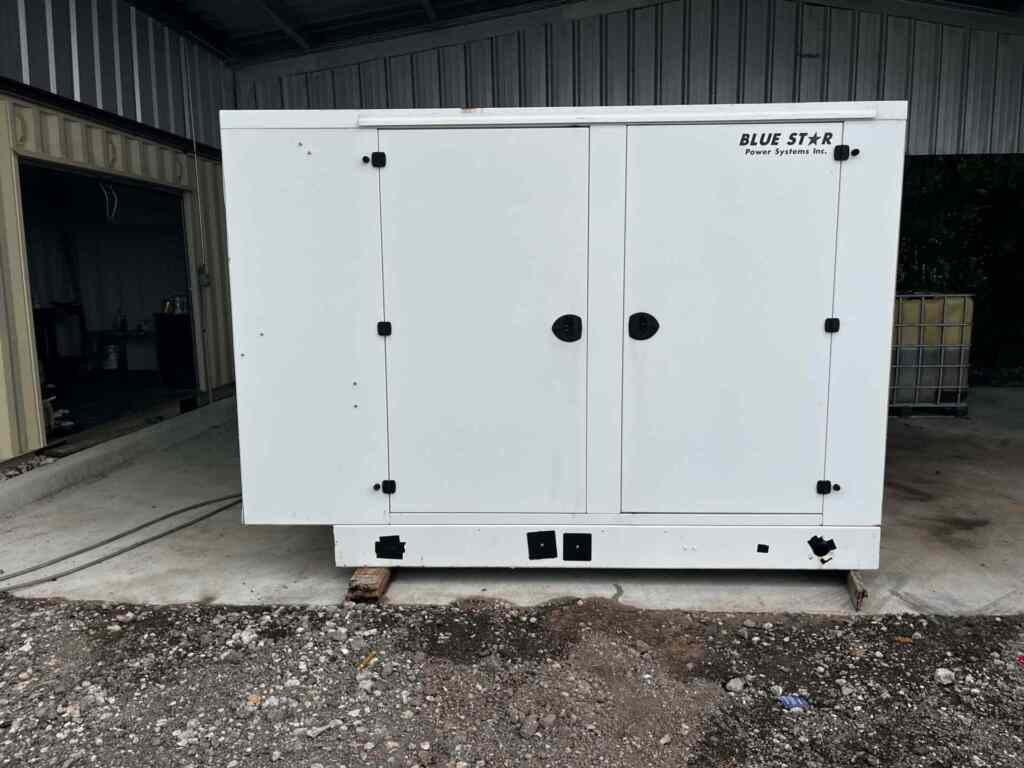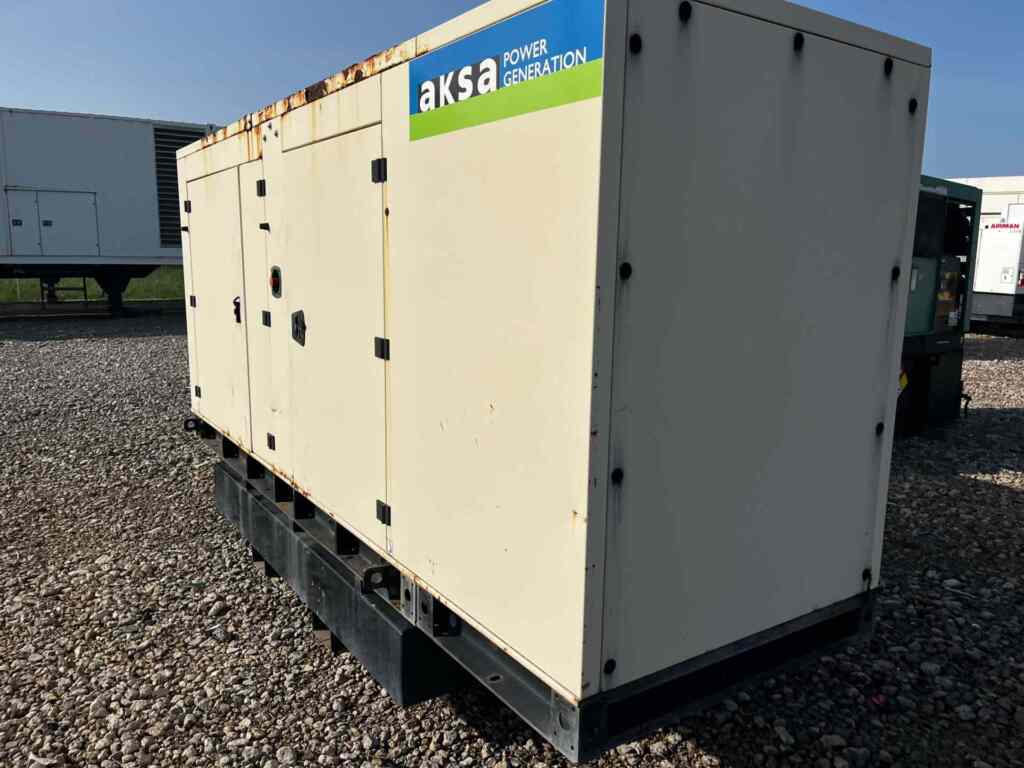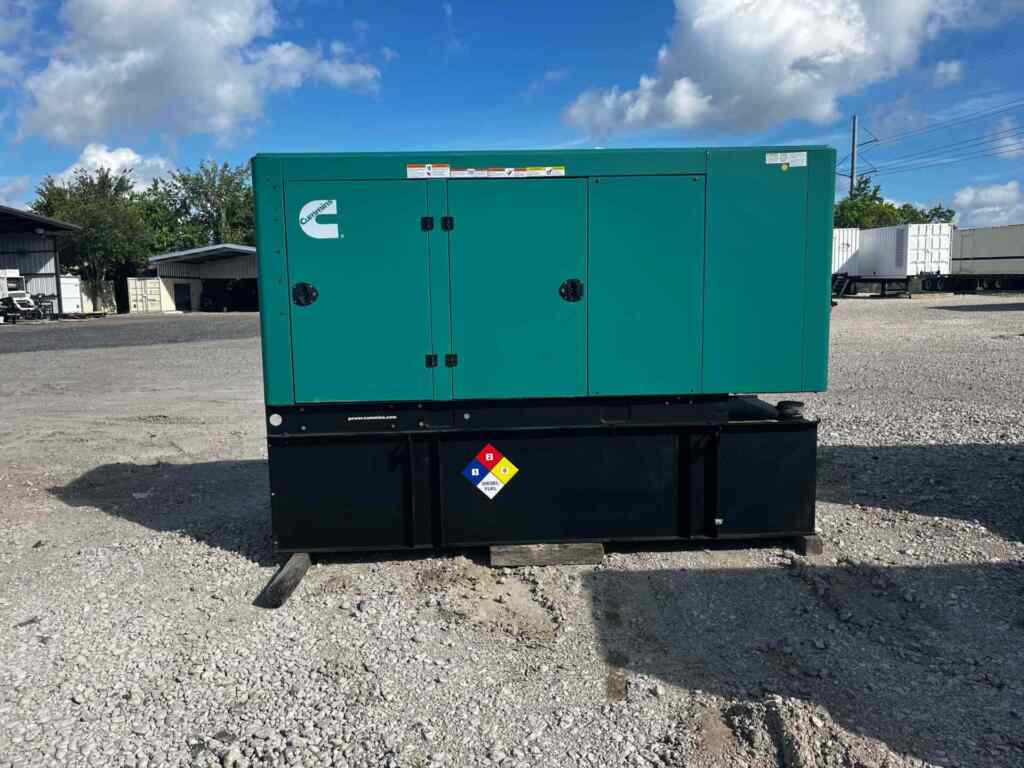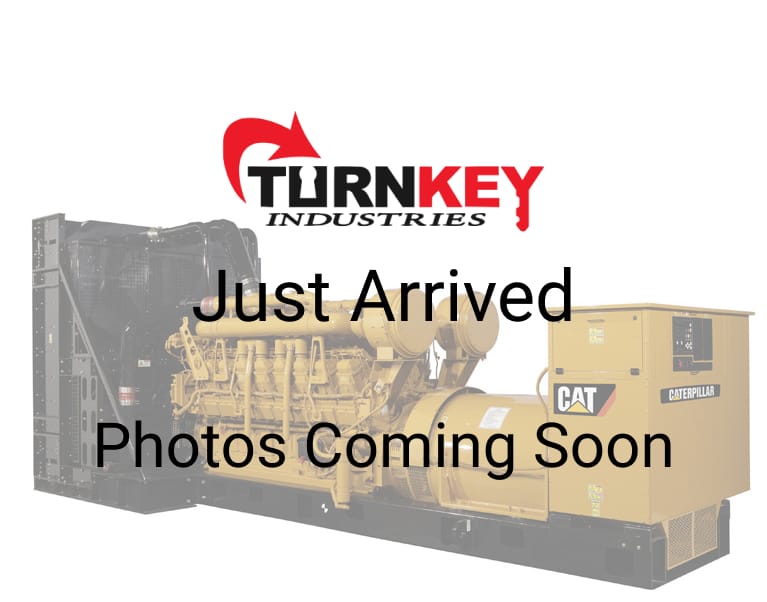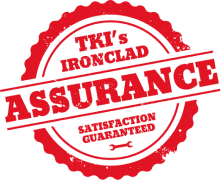Diesel industrial generators are staples in providing backup power to facilities and are helpful in various applications. From disaster recovery to construction operations, diesel engines have dependable strength that meets most needs and demands.
To learn more about the advantages of diesel industrial generators, continue reading below.
Diesel Engine Mechanics
These units use fuel and depend on a multi-step process to generate alternating current (AC) electricity. The process initiates when the generator’s engine converts chemical energy in the fuel to rotating mechanical energy.
The AC alternator uses the rotating motor to generate electricity, while a separate wire in the magnetic field induces sparks or electrical charges.
Three-Phase Generators
While different generators are better suited for various purposes, you’ll discover that three-phase machines are ideal for long-term or industrial use.
Three-phase generator sets have the technology to supply power in the most hostile environments and can feed critical loads in widespread areas. Three-phase gen sets run in sequential order with an offset of 120 degrees and can produce three waves of AC voltage in one cycle, allowing for a consistent power supply.
Connections
Three-phase diesel generators host two types of connections:
- Delta: Delta connections occur when coils join to form a closed loop resembling the Greek letter delta.
- Wye: Each coil’s end joins with another in Wye connections, leaving other ends free for external links. This formation resembles the English letter Y.
Diesel Industrial Generator Advantages
Many industries rely on diesel generators as their standby sources of power for the following reasons.
Low Maintenance
Diesel generators require relatively low maintenance. Their engines do not have ignition systems, so tune-ups aren’t needed. Diesel engines also contain fewer components that need starting; there’s no need to worry about changing spark plugs or building carburetors.
However, there may be instances where the unit needs lubrication due to the friction caused by the system’s piston.
Versatility
Diesel generators have widespread use; their versatility allows them to become primary power sources, whether on-site or as portable usages in off-grid projects.
Fuel Safety
Compared to petrol, diesel fuel is safer to store. While still flammable, diesel fuel carries a lower risk of igniting than traditional gasoline. It takes a sustained pressure or intense amount of pressure to ignite diesel. As such, if a lit match was to fall into a puddle of fuel, the match would not ignite a flame.
Fuel Efficiency and Cost
The fuel efficiency of diesel-powered units may surpass other types of generators. Diesel engines have better fuel economy since it burns less fuel while still reaching the same horsepower.
While diesel is more expensive per liter than gasoline, the ability to run on less fuel and maintain a longer shelf life makes it cheaper to run in the long term.
Durability
Diesel generators are rugged; they’re heavier than gas engines, so they can withstand higher compression ratios and added stress. Their durability allows them to be sturdy and enjoy a longer lifespan.
Noise
While older diesel generators are infamous for the amount of noise they produce during operation, modern units are quieter than gas-powered units at full throttle. Many gasoline generators run at an estimated 3,600 RPMs, while diesel units operate at around 1,800 RPM.
Power Output and Supply
When properly maintained, diesel generators operate with high efficiency. You’ll locate kW, kVA, and PF values on the unit’s nameplate. The generator’s operating conditions vary on the connected load. Diesel generators are able to handle full power loads and run for more extended periods than other units.
Pollution
There was much concern with the amount of emissions diesel generators produced in the past. The Environmental Protection Agency (EPA) adopted standards for diesel units that came into effect in 2015. The standards required manufacturers to develop designs that incorporate environmentally conscious operations.
Since then, modern diesel industrial generators now run much cleaner than their predecessors. These units use ultra-low sulfur diesel and have an increased and efficient combustion property.
The EPA also requires the use of diesel exhaust fluid, which is an additive that reduces nitrogen oxide emissions by 95 percent.
Scenarios Best Fit for Diesel Generators
Diesel generators are the optimal choice of power supply, especially in some of the following situations:
- Off-grid factories that need a reliable power source
- As a backup power source for a defective solar battery
- For farm and agricultural purposes
- As a continuous power source on mining sites
- Critical businesses, health services, and warehouses that require an emergency power unit during outages
- Large commercial spaces like supermarkets and shopping centers that are without electricity in the event of grid power loss
Determining Whether a Diesel Industrial Generator Is Right for You
Before buying a diesel generator, you should review its elements to evaluate whether the unit is the best fit for your facility. Like all comparable units, these generators may have flaws that can inconvenience your operations.
Because of their durability and versatility, diesel generator sets can cost more than other systems. While diesel has a longer shelf life than gasoline, fuel can still go bad, so you’ll need to regularly inspect and treat your supply to ensure it’s ready to use when needed.
While diesel generators have a more significant power output at a lesser fuel usage rate, the maximum size of their fuel tanks is smaller than other units. In the event of a power outage, you’ll need a steady supply of fuel at the ready to replenish tanks.
Maintaining a steady supply could be challenging for some facilities during prolonged outages resulting from earthquakes, tornadoes, and other inclement weather situations.
Overall, diesel industrial generators have advantages and a multitude of uses in various industries. These units provide total power supply to facilities of all sizes, from manufacturing and production to healthcare, military, and telecommunication services. Their power is consistent and long-lasting; when appropriately maintained, diesel generators may last for years without significant repair.
Look no further than Turnkey Industries when seeking diesel commercial generators. We buy and sell diesel generators, allowing our customers to access powerful, durable units that meet all their needs. Consider browsing our inventory today.
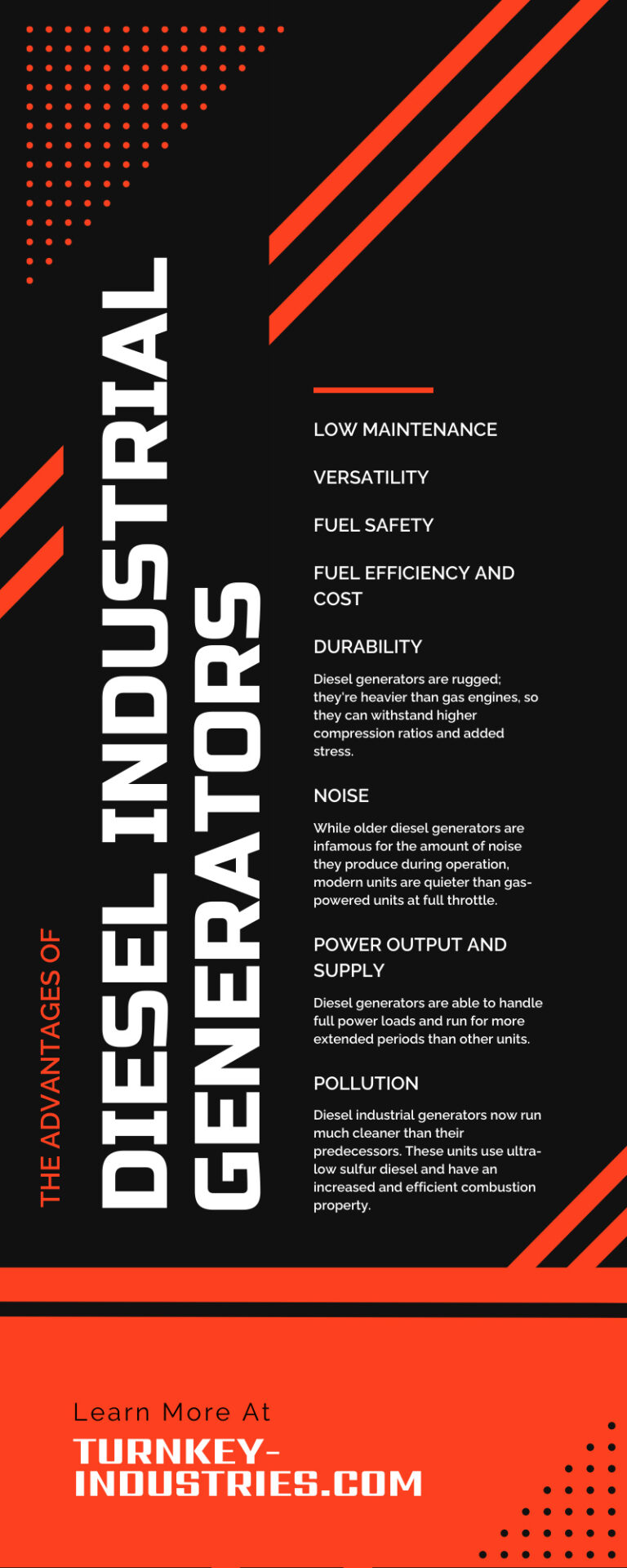
 Turnkey Industries offers a variety of high-capacity
Turnkey Industries offers a variety of high-capacity 